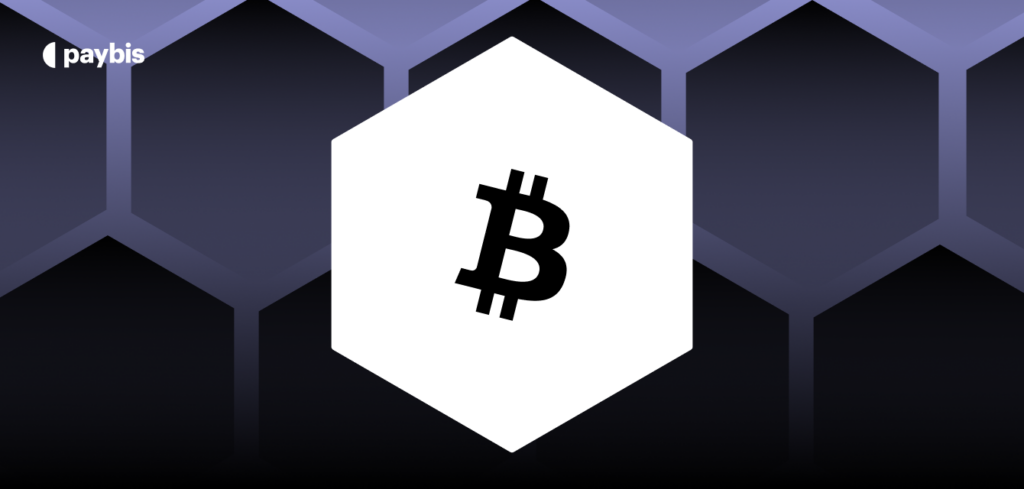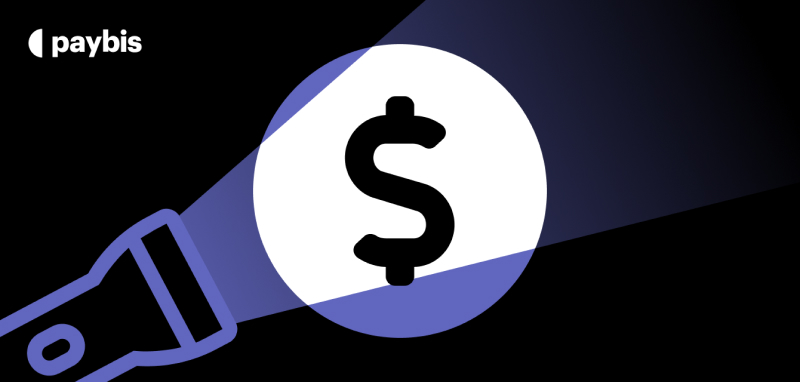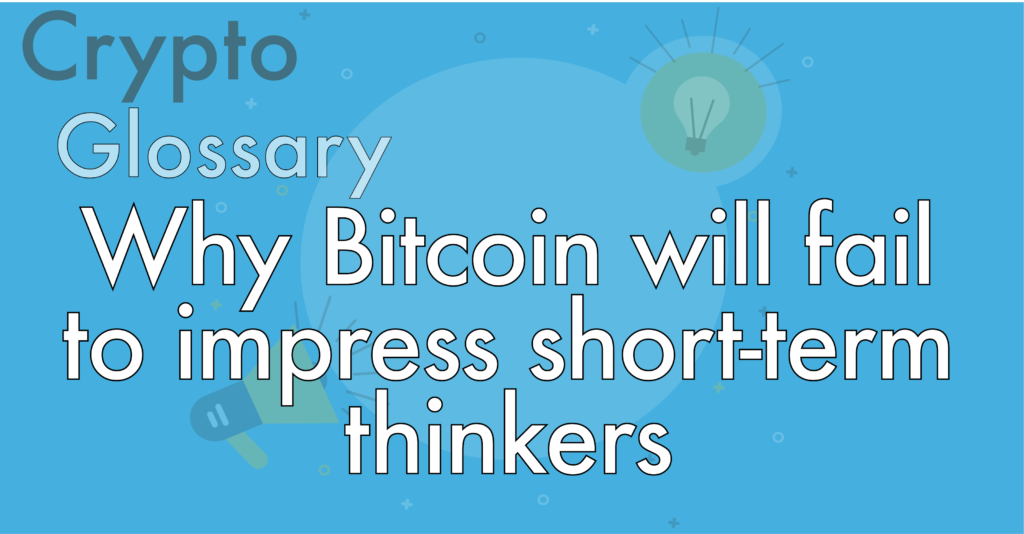Futures Contract
Futures contracts are agreements binding traders to buy or sell a specified asset or cryptocurrency at a specific date for an agreed price. Futures trading is used by speculators and for making hedged trades against risky investments or making profits
Table of contents
What is a Futures Contract?
Futures contracts are standardized legal agreements to buy or sell a specific commodity or financial instrument at a predetermined price at a specified future date. They are commonly used for hedging risk or speculation, enabling traders to lock in prices and avoid the effects of market volatility.
Traded on exchanges, these contracts ensure liquidity and transparency, with margin requirements and daily settlements minimizing counterparty risk.
How does a Futures Contract Work?
Crypto futures contracts work by requiring an initial margin to open a position. Daily, positions are marked-to-market, adjusting the margin account for profits or losses. If losses reduce the account below the maintenance margin, additional funds are needed to avoid liquidation.
Traders execute trades on platforms using market or limit orders. As expiration nears, positions can be closed to realize gains or losses. At expiration, contracts are settled either by physical delivery of the cryptocurrency or cash settlement based on price differences. This process allows traders to manage risk and speculate on future price movements effectively.
Futures contracts are available for various assets, including:
- Commodities (e.g., oil, gold, wheat)
- Currencies (e.g., EUR/USD, USD/JPY)
- Indices (e.g., S&P 500, Dow Jones)
- Cryptocurrencies (e.g., Bitcoin, Ethereum)
What are the Characteristics of Futures Contracts?
The following are some of the characteristics of a futures contract on exchanges that offer them:
- Expiration Date: The date on which the contract expires and the settlement must occur. Crypto futures can have different expiration cycles, such as weekly, monthly, or quarterly.
- Contract Size: The amount of the underlying cryptocurrency covered by the contract. This can vary depending on the exchange and the specific contract.
- Margin Requirements: The amount of funds a trader must deposit to open and maintain a futures position. An initial margin is required to open a position, while a maintenance margin must be kept to sustain it.
- Leverage: Futures contracts often allow traders to use leverage, meaning they can control a larger position with a smaller amount of capital. Leverage can amplify both gains and losses.
- Exchange-traded: Crypto futures are traded on various exchanges, such as Binance, Bybit, CME Group, and BitMEX, each with its own specific contract details and trading rules.
- Speculation: Traders speculate on the future price of cryptocurrencies, aiming to profit from price movements.
- Mandatory settlement: Buyers and sellers are obligated to fulfill their contractual obligations.
Useful links
What is the Difference between Futures and Options?
Although futures contracts are a type of derivative trading, they are different from options, another special type of derivative.
- With an options contract, a trader has the choice to buy or sell a digital asset at a predetermined time while futures are definitely binding agreements.
- Options contracts are independent of the execution of the contract. In contrast to Options, a futures contract works when its trade is executed.
Conclusion
By understanding futures contracts, investors and traders can effectively manage risk and capitalize on market opportunities. Crypto futures trading can be highly volatile and risky, and traders need to understand the mechanics, risks, and strategies involved before participating.
Browse the Paybis Glossary to master more web3 lingo!
Alternatively, explore related terms and articles below.
Disclaimer: Don’t invest unless you’re prepared to lose all the money you invest. This is a high‑risk investment and you should not expect to be protected if something goes wrong. Take 2 mins to learn more at: https://go.payb.is/FCA-Info


